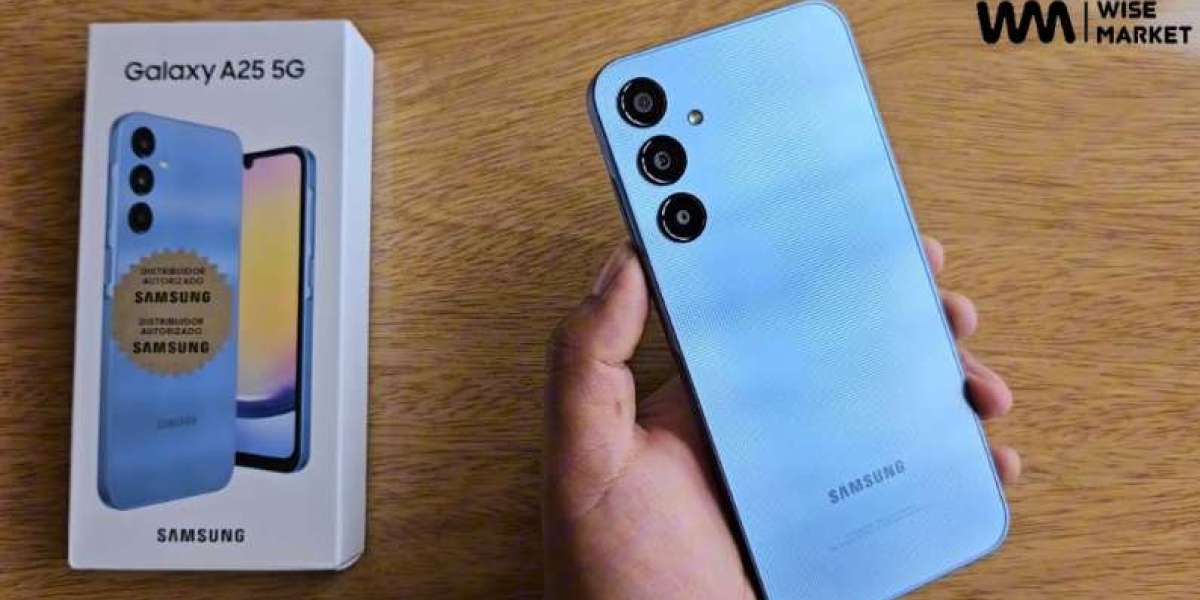Hosting a high-profile event or safeguarding a VIP requires more than just crowd control and polite escorts—it demands precision, preparedness, and visible deterrence. In scenarios where the threat level is elevated, armed private security plays a vital role in maintaining safety, managing risk, and ensuring smooth operations.
Whether it’s a corporate gathering, political rally, celebrity appearance, or private gala, these types of events attract attention—and sometimes, unwanted disruption. Here’s how armed private security offers the professionalism and protection needed to handle such high-stakes environments.
1. Risk Assessment and Advance Planning
Before any event, armed security professionals begin with a thorough risk assessment. This includes evaluating:
The venue’s layout and vulnerabilities
The expected guest profile (especially VIPs)
Potential threats (e.g., protestors, stalkers, theft, terrorism)
Entry and exit points, crowd flow, and emergency routes
With this data, they develop a customized security strategy that blends protection with discretion.
2. Visible Deterrence
The presence of armed guards sends a clear message: security is a priority. This visible force discourages:
Criminal activity
Unauthorized access
Disruptive behavior
Attacks or intimidation directed at VIPs
Guards can be positioned at entrances, on patrol, or stationed near stages, private lounges, and key access points—anywhere a deterrent is needed most.
3. Access Control and Guest Screening
One of the most critical roles of armed security at events is ensuring only authorized individuals are admitted. Responsibilities may include:
Checking IDs and guest lists
Screening bags and personal items
Operating metal detectors
Escorting uninvited or suspicious individuals off-site
This process reduces the risk of weapons, contraband, or disruptions entering the venue.
4. Executive and VIP Protection
VIPs—such as CEOs, public figures, performers, or dignitaries—face unique security challenges, especially in public settings. Armed private security can provide:
Personal bodyguard services
Secure transportation
Perimeter monitoring during speeches, red carpet walks, or meet-and-greets
Rapid evacuation planning in case of emergencies
These guards are trained not just to defend, but to blend in, communicate discreetly, and act swiftly under pressure.
5. Emergency Response Capabilities
If an emergency does occur, armed guards are prepared to act immediately. Whether it’s an active threat, fire, crowd panic, or medical emergency, their responsibilities may include:
Neutralizing danger
Leading evacuation efforts
Administering first aid or CPR
Calling and coordinating with police or EMS
Keeping guests calm and informed
In these moments, their presence can make the difference between chaos and control.
6. Coordination with Event Staff and Law Enforcement
Professional security teams often work hand-in-hand with:
Event organizers for scheduling and communication
Venue management for access control
Local police for backup and legal enforcement
This collaborative approach ensures security coverage is seamless and comprehensive throughout the event.
7. Post-Event Monitoring and VIP Exit Security
Once the event concludes, threats don’t always disappear. Armed security ensures:
Safe exit of guests and VIPs
Secure transport to off-site locations
Supervision of money handling or valuable equipment
Site monitoring during breakdown or after-party events
This phase of protection is essential for preventing late-stage incidents when attention starts to fade.
Final Thoughts
From small private gatherings to large public spectacles, protecting VIPs and managing events successfully requires the expertise of trained and armed private security professionals. They provide both physical defense and strategic planning—ensuring safety without compromising the experience.




